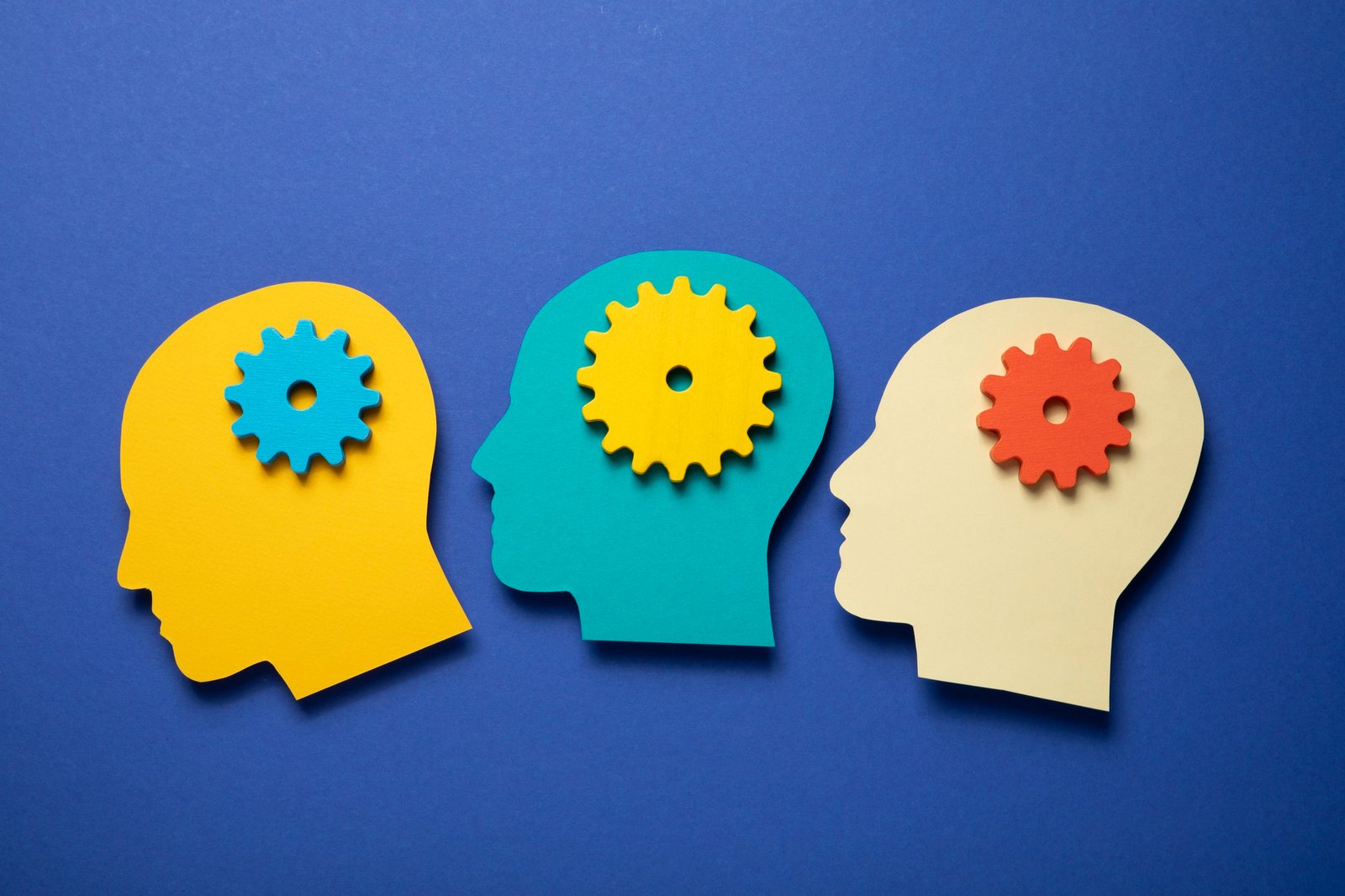In the realm of human resources and organizational development, the concept of trust reigns supreme. It forms the bedrock of cohesive teamwork, effective communication, and sustainable growth within any organization. Amidst the complex interplay of personalities, objectives, and challenges, one key factor emerges as a linchpin for fostering trust within teams: Emotional Intelligence (EI). In this blog, we delve into the profound significance of EI in cultivating trust, with a particular focus on the Indian industry landscape.
Understanding the Indian Industry Perspective
In the fast-paced and dynamic environment of the Indian corporate sector, the importance of trust within teams cannot be overstated. According to recent studies, a staggering 94% of Indian professionals believe that trust directly impacts their organization’s success and performance. Moreover, 89% of Indian employees state that a lack of trust in leadership negatively affects their work engagement and productivity levels. These statistics underscore the critical need for nurturing trust within teams to drive organizational effectiveness and employee satisfaction.

The Role of Emotional Intelligence
At the heart of building trust lies Emotional Intelligence, often referred to as EQ. Unlike traditional measures of intelligence, EQ encompasses the ability to recognize, understand, and manage one’s own emotions, as well as those of others. In a team setting, individuals with high levels of EI demonstrate greater empathy, effective communication skills, and conflict resolution capabilities, all of which are essential components of fostering trust.
Empathy and Connection
In team dynamics, empathy is a powerful catalyst for trust-building. When team members feel understood and valued, they are more likely to trust each other and collaborate effectively. Leaders with high emotional intelligence (EI) actively foster empathy, creating a culture of psychological safety where individuals can express their thoughts, concerns, and ideas without fear of judgment.
Consider the case of TechSolutions Bangalore, a leading tech firm. The company was facing high turnover rates and low employee morale. Recognizing the need for change, the HR director introduced an EI training program for managers. One manager, Raj, learned to better understand and respond to his team’s emotional needs. By actively listening and showing empathy, Raj built stronger connections with his team, which led to improved trust and a significant reduction in turnover rates.
Emotional Intelligence & Effective Communication
Clear, open, and honest communication is another cornerstone of trust within teams. Individuals with high EI possess the ability to communicate their thoughts and feelings articulately. This is while also actively listening to and validating the perspectives of others. By fostering a culture of transparent communication, teams can mitigate misunderstandings, resolve conflicts proactively, and strengthen interpersonal connections, thereby deepening trust among team members.
In CreativeMark, a Mumbai-based marketing agency, the CEO noticed frequent miscommunications and conflicts within teams. To address this, she implemented regular communication workshops focused on EI. Employees learned techniques for expressing themselves clearly and listening actively. As a result, the agency saw a 25% increase in project efficiency and a marked improvement in team cohesion and trust.
Conflict Resolution and Collaboration
In any team environment, conflicts are inevitable. However, individuals with high EI approach conflicts with a constructive mindset, viewing them as opportunities for growth and learning rather than sources of tension or division. By leveraging their emotional intelligence, team members can navigate conflicts effectively, seeking common ground, and collaborating towards mutually beneficial solutions. This collaborative approach not only resolves immediate issues but also fosters resilience and cohesion within the team, further enhancing trust.
An example from BharatTech, an Indian multinational corporation (MNC), illustrates this well. When a major conflict arose between two departments over resource allocation, the HR leader, facilitated a series of collaborative problem-solving sessions. By encouraging open dialogue and empathetic listening, the departments found a compromise that satisfied both parties. This not only resolved the conflict but also built a stronger sense of unity and trust across the departments.
Conclusion
The role of emotional intelligence in building trust within teams cannot be overstated. By fostering empathy, promoting effective communication, and embracing collaborative conflict resolution, organizations can create a culture of trust that fuels innovation, engagement, and sustainable growth. Join us at the RethinkHR Conclave to explore this transformative journey and unlock the full potential of your leadership and HR capabilities.

